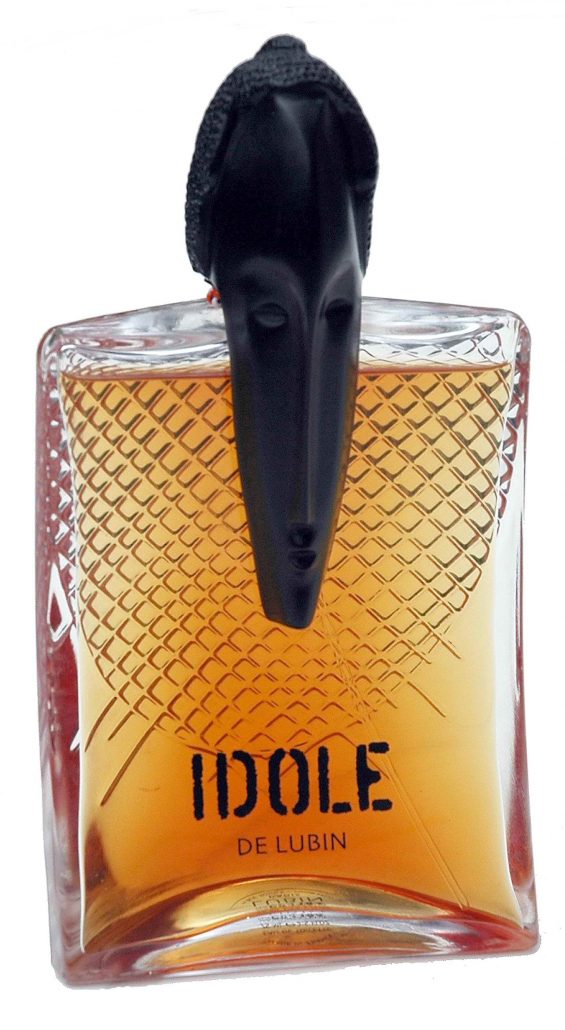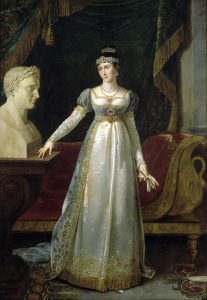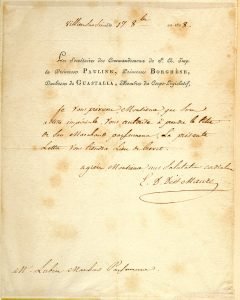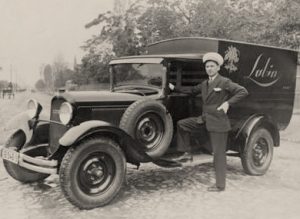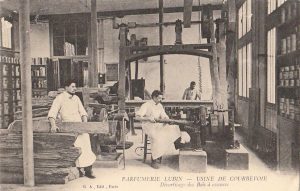THE FOUNDING FATHER
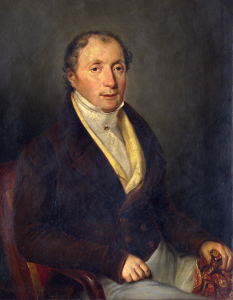
Pierre-François Lubin is the founder of modern perfumery. Born in 1774, he lived through one of the most turbulent periods in French history, as the Ancien Régime gave way to the Industrial Revolution. It happened that Lubin’s parents lived near the Parisian workshop of renowned perfumer Jean-Louis Fargeon; so in 1784, it was he who initiated the ten-year-old Pierre-François in the art of perfumery. Under Fargeon, Lubin gradually came to be entrusted with the beauty recipes for the French Royal Court.
Fargeon belonged to an ancient dynasty of perfumers from Montpellier, and was in fact Queen Marie-Antoinette’s appointed supplier. Despite being under house arrest at the Tuileries with her family from the autumn of 1789, at the start of the French Revolution, the Queen continued to receive parcels from her loyal perfumer, brought by his young apprentice. Each day, she would freshen up, using the sophisticated preparations created from a base of essences of bergamot and orange. She was also fond of the rose perfume which reminded her of the gardens of Trianon and which Fargeon was so skilled at extracting.
Nevertheless, in 1792, at the age of 18, Pierre-Francois Lubin left Paris and the revolutionary unrest and headed to Grasse, to the workshop of another master scent-maker: Tombarelli. Tombarelli introduced him to the “Italian method”, which had been imported from Florence by Catherine de Medici two centuries before.
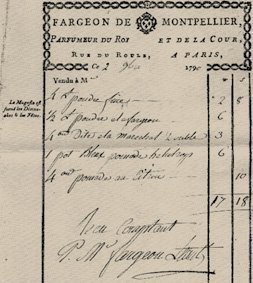
A ROYAL TRIBUTE
Au Bouquet de Roses
After the revolution, Lubin opened his boutique, in 1798. Its name, “Au Bouquet de Roses”, was a discrete tribute to the Queen, who had by then met with her tragic fate. The creations of the young perfumer were appreciated by the first dandies who emerged after the turmoil of the French Revolution. Known as Les Incroyables or the Incredibles, while their beautiful, extravagant companions were referred to as Les Merveilleuses or the Marvelous, they were the first trendsetters. Their extravagant way of life soon became the symbol of a new Parisian savoir-vivre.
When the Bourbon dynasty returned to power in 1815, Lubin claimed his title as “the holder of the Beauty Secrets of the French Court”, the legacy left by Fargeon. The patronage of the Duke of Angoulême, son of King Charles X, and husband of Marie-Thérèse of France, the only child of Queen Marie-Antoinette to survive the revolution, prompted Lubin to rename his boutique “Aux Armes de France”, The Royal Coat of Arms.
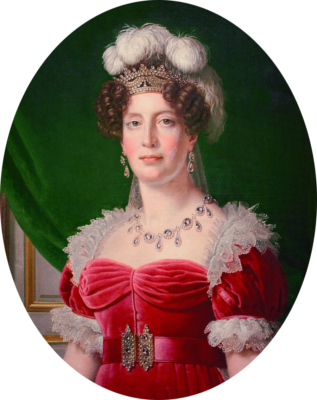
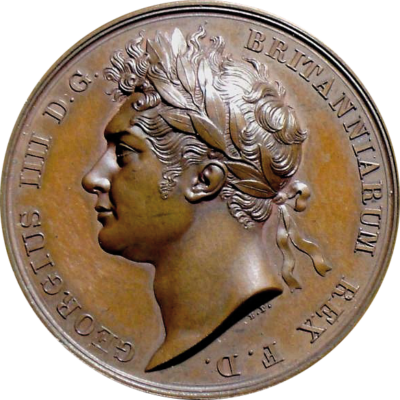
Thanks to this illustrious patronage, Lubin was soon to become the favorite perfumer of 19th century European royal courts. In 1821, Lubin became the official supplier to George IV, King of England, as well as to Tsar Alexander I of Russia in 1823.
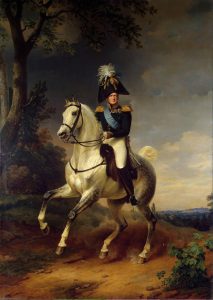
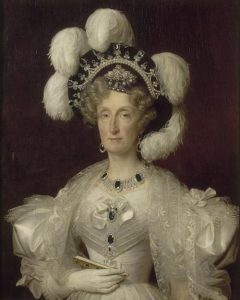
During the reign of the last Queen of France, Maria Amelia, whose husband Louis-Philippe came to the throne in 1830, the House of Lubin finally obtained its title as Official Perfumer of the French Royal Court
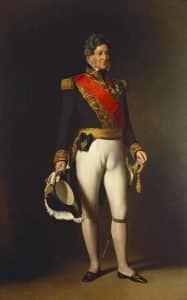
EARLY
SUCCESS
THE CÔTE D’AZUR
AND PARIS
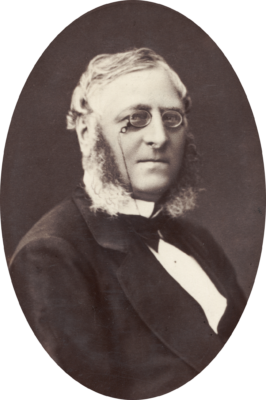
In 1844, the House of Lubin came into the hands of Felix PROT. He had trained under Lubin and remained close to the founding father, as Lubin’s spiritual heir. He started the internationalization process of the House and also constructed Europe’s first modern perfume factory in Cannes, on the Côte d’Azur, which opened its doors in 1873. For the first time, steam machines were used to produce the perfumes, and in particular, to extract essential oils.
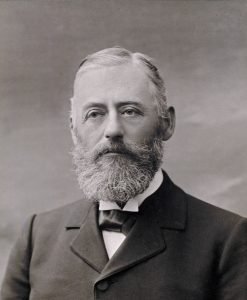
Paul Prot, his son and successor, took over Lubin in 1885. A true visionary and ahead of his time, he spoke fluent English and German through his studies abroad – a rare skill for a 19th century Frenchman. Paul had an illustrious career spanning more than 50 years. He traveled the world and built a worldwide network, which made the name Lubin famous and respected on all continents.
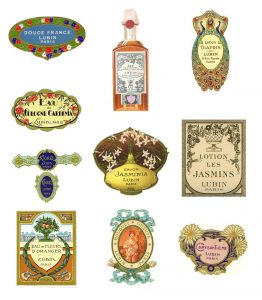
FROM
THE conquest
of the west
UNTIL
the gold rush
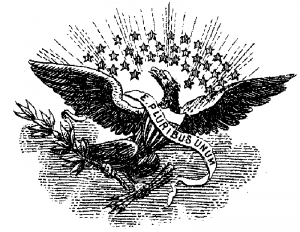
The House’s greatest success, however, was in the United States. From the mid-19th century onwards, the USA represented a new Eldorado. Lubin’s expansion into the USA had begun in the late 1830’s when the company’s first American representative, Theo Studley, was appointed in New York. Lubin also set up local premises in New Orleans and St. Louis and became a favorite of local aristocratic families, particularly in the Old South. Theo Studley represented Lubin for more than sixty years before retiring in 1898, when a Lubin-owned subsidiary was finally created in New York.
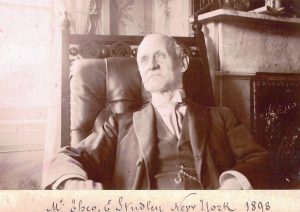
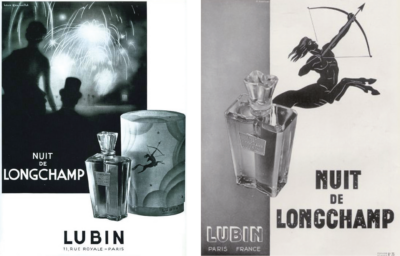
The next thirty years were the Golden Age for Lubin in the US, until the Great Depression in 1929. The American subsidiary, which had been outselling its head office in France, had to close up shop in 1930, but the distribution in the US was secured by a new representative agent.
Despite the tough economic climate, Nuit de Longchamp launched in 1937. A timeless perfume evoking the nightly splendor of a white flowered garden, Nuit de Longchamp met an incredible success in the USA. Its opulent scent would enchant many parties in Hollywood or in the Hamptons.
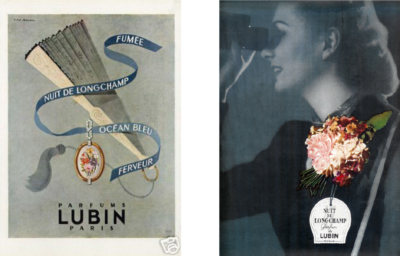
AFTER
THE WW2
A NEW
GENERATION
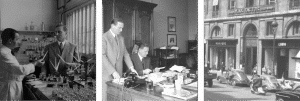
Marcel’s and Pierre’s sons, Andre and Paul, took the helm of Lubin at war’s end in 1945. The new team launched Gin Fizz in 1955, a creation of celebrated perfumer Henri Giboulet. It paid tribute to one of the most beautiful and elegant women of the 20th century, Grace Kelly. It met a tremendous success. Lubin, once again set its stamp on the world, despite growing competition from new perfumes entering the market from couturiers.
Paul and André Prot remained involved till the end of the 1960’s, launching L’Eau Neuve with great success in 1968. Lubin had meanwhile been sold to an industrial group and started a period of slow decline, despite several attempts from highly involved managers to save the historical house.
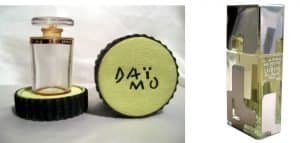
FORGING
THE FUTURE

At the end of the 20th century, however, Gilles Thévenin, along with two of Paul Prot’s sons, decided to take over the brand’s destiny. Former Lubin perfumers of the 1950s and 60s joined in to help revive the House of Lubin’s unmatched olfactory style and provide the missing details to forgotten formulas. This allowed the company to renew and revive Nuit de Longchamp and Gin Fizz, among others. The House of Lubin has now regained the glory of former days. It continues to uphold its founder’s ideals, creating perfumes of the highest quality that will enchant generations to come.
